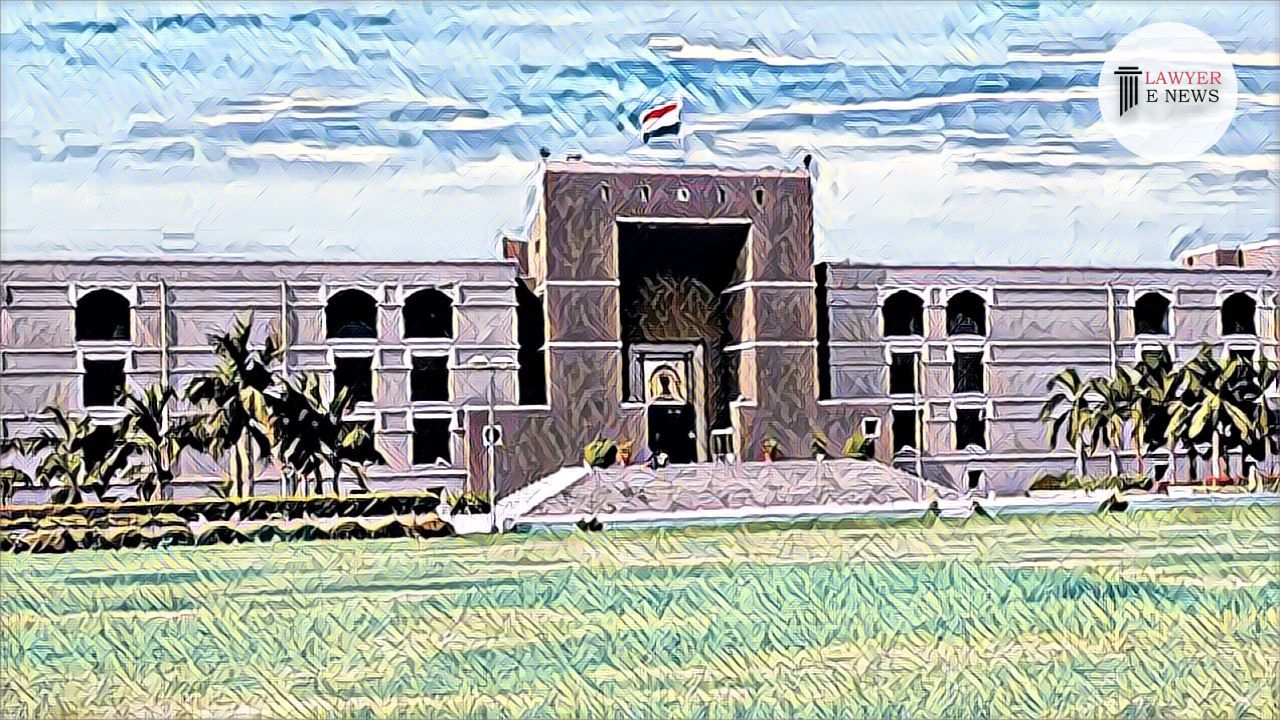-
by sayum
14 February 2026 2:22 PM



In a significant ruling, the High Court delivered a landmark judgment quashing an FIR registered under the Scheduled Castes and Scheduled Tribes (Prevention of Atrocities) Act, 1989. The bench, comprising of Hon’ble Mr. Justice Sandeep N. Bhatt and Hon’ble Mr. Justice M.H. Dave, emphasized the need for caution in dealing with cases involving the misuse of the Act and reiterated the importance of preserving the integrity of the law.
The judgment, passed on July 23, 2023, examined the scope and exercise of inherent powers under Section 482 of the Criminal Procedure Code. The Court cited precedents and observed that these powers should be exercised sparingly, carefully, and with great caution to prevent abuse of the process of law and secure the ends of justice.
The case arose from an FIR registered under Section 3(1)(x) of the SC/ST (Prevention of Atrocities) Act and Sections 447, 427, and 506 of the Indian Penal Code. The complainant alleged intentional insult and intimidation with intent to humiliate, but the Court found that the basic ingredients of the offence were missing in the complaint. The accused was not a member of the Scheduled Caste or Scheduled Tribe, and there was no evidence to support the charges.
One of the key aspects the Court examined was the interpretation of “place within public view” concerning the offence. It clarified that a public place includes areas visible from public spaces, even if the offence occurs outside a building. However, remarks made inside a building, visible to some members of the public, may not necessarily qualify as an offence within public view.
The judgment also highlighted the misuse of the SC/ST (Prevention of Atrocities) Act, which has been a growing concern. The Court stressed that the law should not be changed due to such misuse and that false and unsubstantiated FIRs should be dealt with through Section 482 of the Criminal Procedure Code.
The bench expressed concern that such misuse could harm social harmony in society and emphasized the need to protect innocent individuals from frivolous allegations. The Court, therefore, allowed the petitioner’s application and quashed the impugned FIR, along with any subsequent proceedings arising from it. Furthermore, it directed the refund of any compensation received by the complainant in connection with the complaint.
Date of Decision: July 20, 2023
JIVANBHAI NAGJIBHAI MAKWANA vs STATE OF GUJARAT & 1 other(s)
